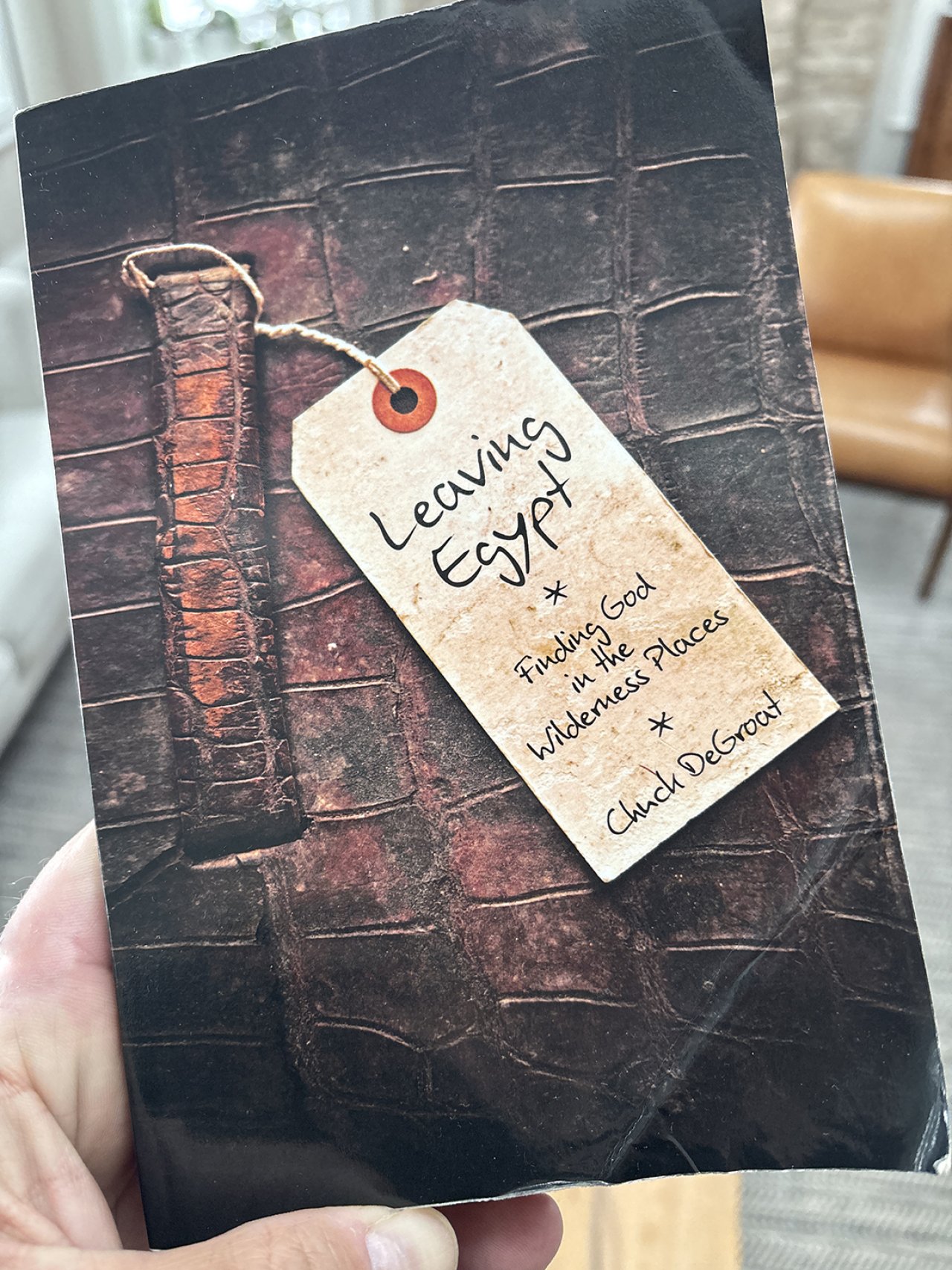Leaving Egypt
A number of years ago I began envisioning a book that explored desert landscapes and the Exodus story as a metaphor for personal growth. Turns out that Chuck DeGroat has already written that book and it's far better than anything I could've ever done.
In "Leaving Egypt: Finding God in the Wilderness Places," Chuck DeGroat presents a profound exploration of the biblical Exodus narrative as a metaphor for personal and spiritual transformation. Drawing from his experience as a pastor, therapist, and professor, DeGroat argues that the Israelites’ journey from slavery in Egypt to the Promised Land mirrors the universal human experience of moving from bondage to freedom. He suggests that everyone has their own "Egypt"—be it addiction, toxic relationships, workaholism, or shame—where familiarity breeds a strange comfort despite the pain.
The book is structured in four parts:
"Egypt: Facing Our Fear," where readers confront their enslavements;
"Sinai: Receiving Our New Identity," focusing on God’s redemptive call;
"Wilderness: Entering the Furnace of Transformation," which highlights the struggles and growth in life’s desert moments; and
"Home: Experiencing New Identity and Mission," envisioning a life of flourishing.
DeGroat emphasizes that a journey in the wilderness, though daunting, is a necessary space for facing fears, shedding old identities, and embracing God’s grace.
With a counselor’s care and insight, he weaves personal stories and practical wisdom, underscoring the power of lament and the persistence of God’s love amid human failure. Each chapter ends with discussion questions, making it ideal for personal reflection or group study.
"Leaving Egypt" is a slow, honest guide to liberation, urging readers to trust in a journey that leads beyond their personal "Egypts" to a "promised land" of wholeness and purpose.

Leaving Egypt is available here